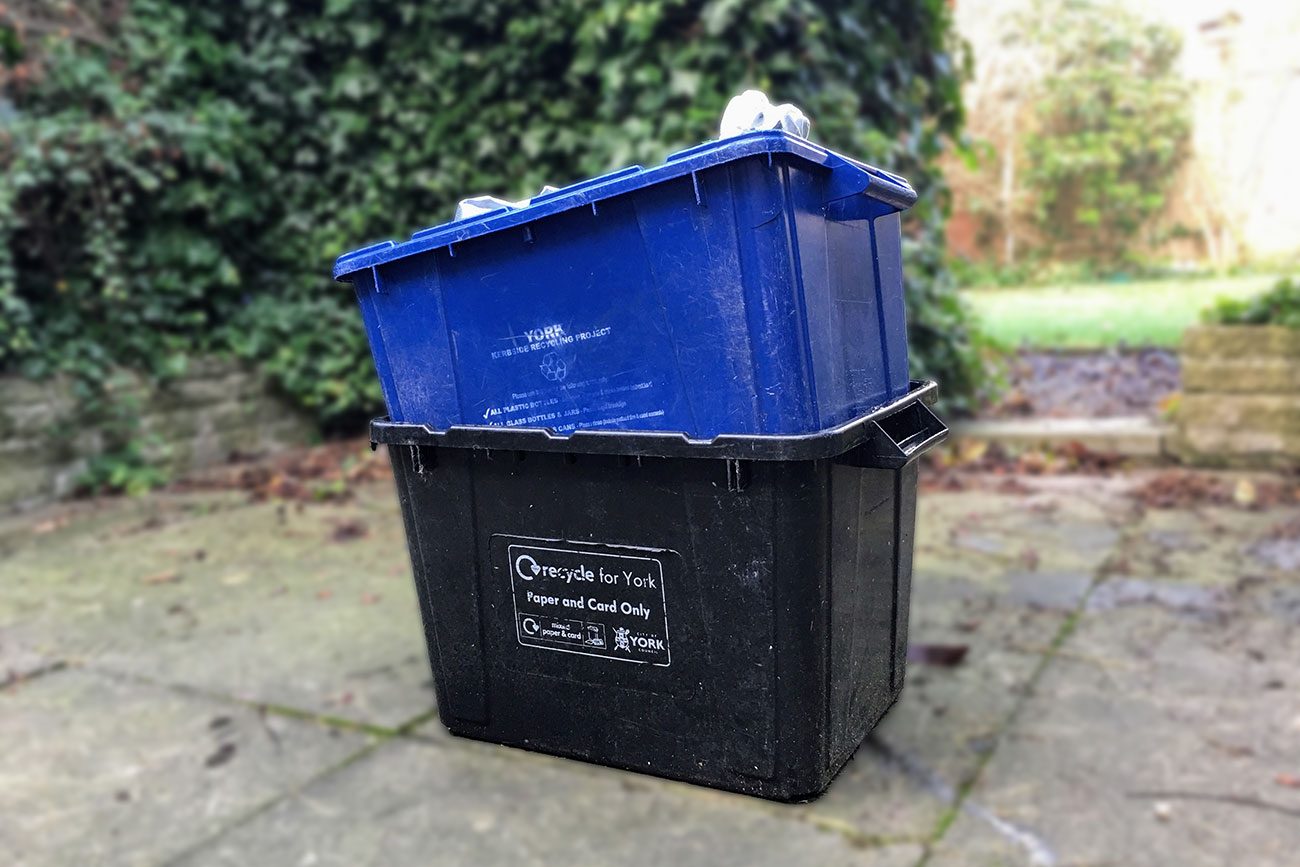A York councillor says thousands of people are wasting their time sorting their rubbish after figures revealed recycling was mixed up again when it was collected at more than 5,600 properties last year.
A Freedom of Information request submitted by Cllr Mark Warters also showed that 4,291 complaints were made about missed bin collections in York in 2018.
But a City of York Council spokesman says bin men occasionally have to mix up recycling when smaller rubbish lorries are used to collect waste.
And that 99 per cent of bin collections were made without complaint last year.
Mixed on 136 streets

But there were only four complaints about recycling from people living on these roads in 2018.
James Gilchrist, the council’s assistant director of environment, said a shortage of bin lorry drivers temporarily affected the service but there has since been a successful recruitment campaign.
He added that more than five million waste collections take place each year, saying: “We constantly strive to provide the best service we can and apologise for when the service is not as we would hope.
“In terms of comingling, there has been a five per cent reduction compared to last year and we thank residents who help us by separating their recycling, saving the council significant sums of money.”
He added:
-
The decision we make is driven by financial implications as well as the environmental ones on, and we believe we strike an appropriate balance.
All the comingled recycling material is sorted after collection, and whilst we are not yet reaching our recycling target we know that comingling is reducing compared with last year and we hope to see this trend continue.
The council has missed its weekly target for mixing recycling since 2016 according to data.
Figures from the local authority show an average of 54.5 tonnes were comingled a week at the end of last year against a target of less than 32.7 tonnes a week.

